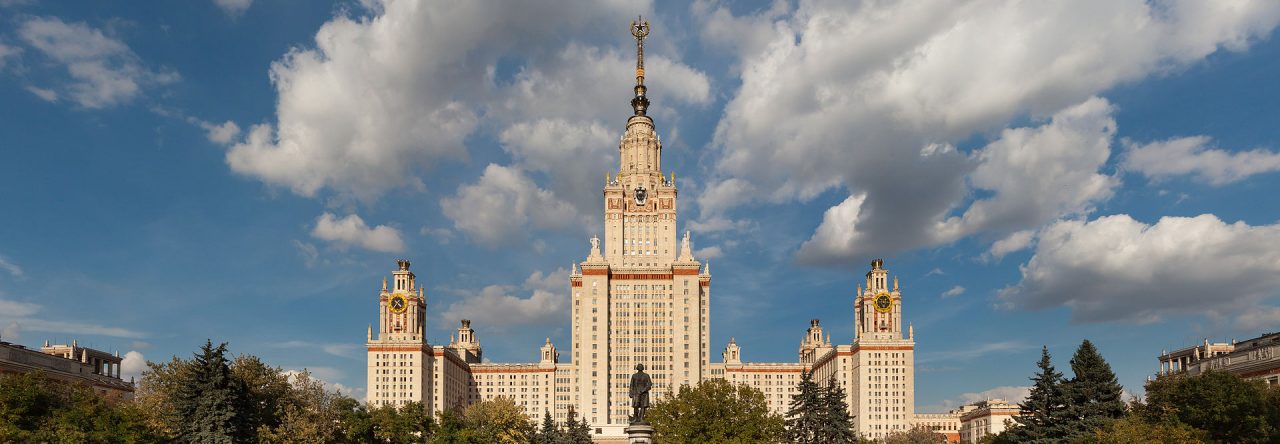Tomsk Polytechnic University will become a coordinator of NEST Radioactive Waste Management of I-graphite, an international project uniting universities and enterprises of the nuclear industry of Russia and some European countries. This project will allow using an operating university reactor, which is considered to be a TPU unique research site, to train world-class professionals in the area of radioactive waste management and decommissioning of old nuclear reactors.
“For over 70 years, Tomsk Polytechnic University has been training highly-qualified professionals for the nuclear industry since 1950 when the TPU Physics and Engineering Institute was set up. During this period, TPU has become an anchor university of the Rosatom State Corporation, a leading Russian and global center in radiation physics, engineering and technology. Moreover, there is the only one in Russia operating university nuclear research reactor at TPU, which conducts not only advanced fundamental and applied research to create new materials and technology in energy engineering, nuclear medicine, but also gives an opportunity to TPU students, including international ones complete training. There is a pool of international nuclear educational programs at the university to train staff for the Rosatom projects in some overseas countries, such as Egypt, Ghana, Bolivia, Tanzania and others.
The European Nuclear Energy Agency (ENEA) and the Rosatom State Corporation took the initiative in the project. It has united Tomsk Polytechnic University, Lomonosov Moscow State University, National Research Nuclear University MEPhI (Moscow Engineering Physics Institute), Rosatom, the Intra-University Consortium for Nuclear Technology Research (Italy), the Sogin Italian state corporation, which is in charge of decommissioning Italian nuclear reactors and radioactive waste management. Besides, the French Alternative Energies and Atomic Energy Commission (CEA), Électricité de France S.A. (EDF), the French largest energy generating company and largest in the world operator company of nuclear power plants and University of Cologne (Germany) are intending to join the project.
According to the project organizers, many countries are facing a challenging and large-scale task related to decommissioning of nuclear facilities. At the same moment, the industry is struggling with the development of practical expertise of staff involved in this area. It applies to both students of master’s, PhD degrees and young engineers, researchers who already started to work in the industry. A response to this challenge can become an arrangement of the practice-oriented training based on the TPU Nuclear Research Reactor. A training program will include a theoretical course and practicals for attendees, including those from European countries.
After graduation, companies recruiting young professionals take all responsibility for them. The universities and the industry jointly will take all duties to train students and already recruited young professionals in practice at the operating nuclear facilities. This task is directly aligned with New Engineering Education, one of the strategic areas of the TPU development within the Priority 2030 program,” adds Dmitry Sednev.
Vera Verkhoturova, Head of International Nuclear Education Programs and Deputy Director the TPU School of Nuclear Science and Engineering, told about the experience of cooperation development between the universities to provide the world-class practice-oriented engineering education based on the case of NEST Radioactive Waste Management of I-graphite at the plenary session of Modes of International Cooperation to Promote Engineering Education and Development of Career in Nuclear Industry within the High-Tech for Sustainable Development theme week by Rosatom at Expo 2020 Dubai.
The attendees of NEST Radioactive Waste Management of I-graphite will study some key problems of radioactive waste management, which include, for instance, qualification of the decommissioning process, processing and conditioning of i-graphite, characteristics of graphite and shallow ground disposal of radioactive waste.

